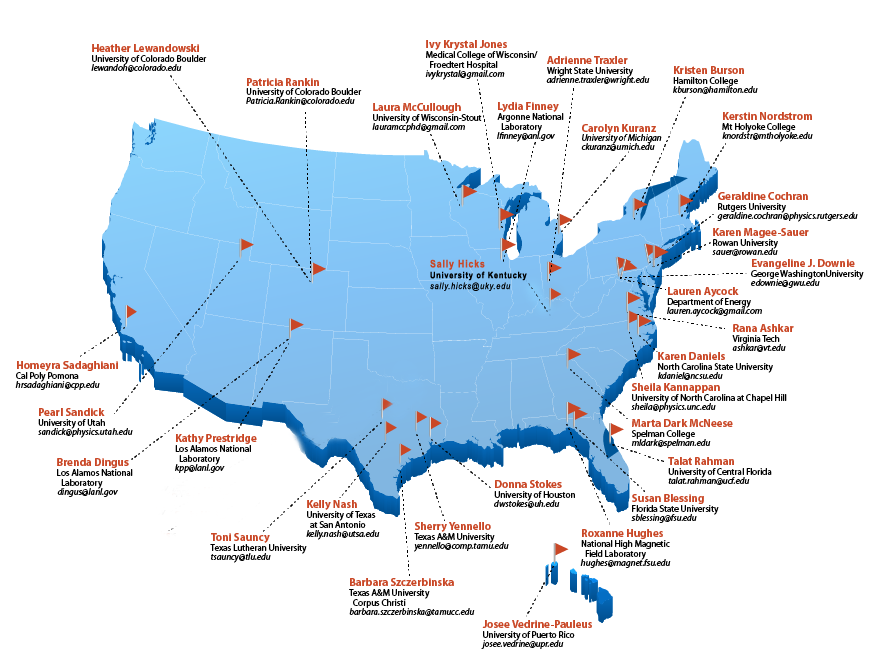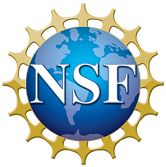Communication and Negotiation Skills Seminar for Women
With support from the National Science Foundation (NSF), APS has trained women in physics to host professional skills seminars for students and postdocs at APS-sponsored meetings and at universities and institutions. Professional Skills Development Seminars are highly interactive workshops where participants can learn and practice communication and negotiation skills.Upon the conclusion of APS funded seminars in 2020, a video series was developed to help provide information on the core topics.
Live seminars can still be requested by interested groups. Below is information on what is offered in the seminars and how to contact trained seminar leaders.
 |
What is taught in a professional skills seminar?
The seminar will focus on professional skills that women need to effectively perform research and thrive in physics, including how to:
- Negotiate a graduate, postdoc, or professional position in academia, industry, or at a national lab
- Interact positively on teams and with a mentor or advisor
- Think tactically
- Enhance personal presence
- Develop alliances
- Achieve professional goals
Who are seminars available to?
These seminars are designed to reach women in physics. Physics departments or student groups may request to host a workshop for undergraduates, graduate students, or postdocs.
How do I request a seminar?
Use the map below to find a seminar leader near you! The individuals on the map have been trained to facilitate seminars on communication and negotiation skills. You may reach out directly to the seminar leaders using the email address listed below their name and institution.

The APS Professional Skills Development Program acknowledges the contributions of COACh at University of Oregon, for not only developing the materials but being involved in training the seminar leaders.
 Support for this program has been received from the National Science Foundation under Award No. PHY-1419913.
Support for this program has been received from the National Science Foundation under Award No. PHY-1419913.
